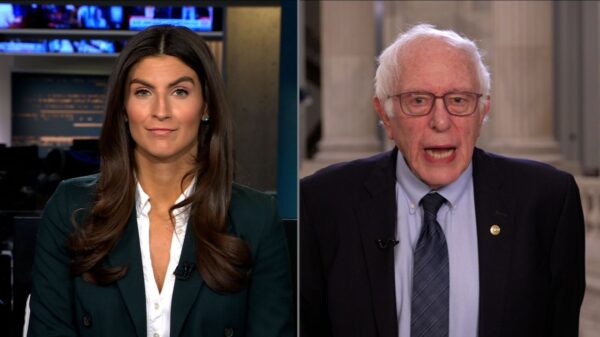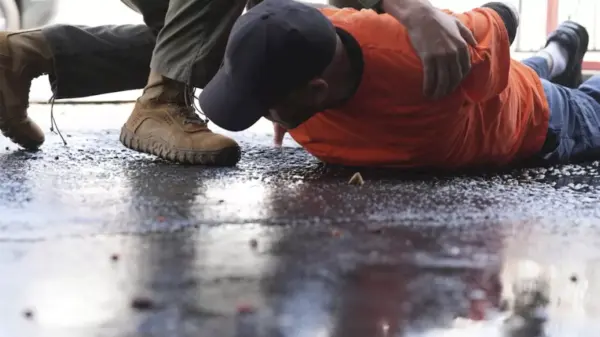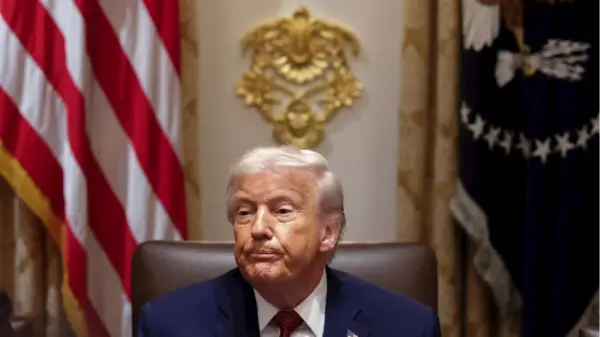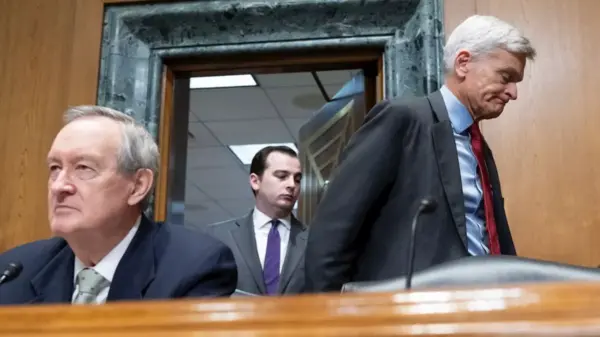URGENT UPDATE: Lawmakers are sounding the alarm over a dramatic surge in organized retail theft, emphasizing that sophisticated criminal networks—not just petty shoplifters—are behind this alarming trend. During a Senate hearing held earlier today in Washington, D.C., senators highlighted the devastating impact of these crimes on American businesses and communities.
Sen. Chuck Grassley (R-Iowa) stated, “We’ve all seen videos of mobs ransacking stores of thousands of dollars of goods in a matter of minutes.” He warned that many of these incidents are orchestrated by advanced criminal enterprises, including cartels and human traffickers, using retail theft to fund their operations.
The Council on Criminal Justice reports that shoplifting incidents rose by 14% in 2024 compared to the previous year, amplifying concerns over public safety and economic integrity. Sen. John Cornyn (R-Texas) echoed these sentiments, asserting, “These are not just local crimes. These are international networks and criminal organizations.”
The hearing featured testimony from David Glawe, president and CEO of the National Insurance Crime Bureau, who emphasized the necessity of enhanced information-sharing between law enforcement and retailers. “Intelligence sharing on individuals and organizations is critical to identify nefarious actors and operationalize the response,” Glawe said.
Sen. Dick Durbin (D-Ill.) articulated the broader consequences of organized theft. “This is a problem that affects everybody—higher prices, lost jobs, and diminished community investment as shops are forced to close their doors.”
As the situation escalates, lawmakers are calling for immediate action to combat these criminal networks. The implications of this hearing are significant, with potential policy changes on the horizon aimed at strengthening local law enforcement capabilities against these international threats.
The urgency of this issue cannot be overstated. Retailers and communities are grappling with the fallout of organized crime, and swift legislative responses may be the key to restoring safety and economic stability across the nation.
Stay tuned for further developments as officials work to address this critical issue.





































































